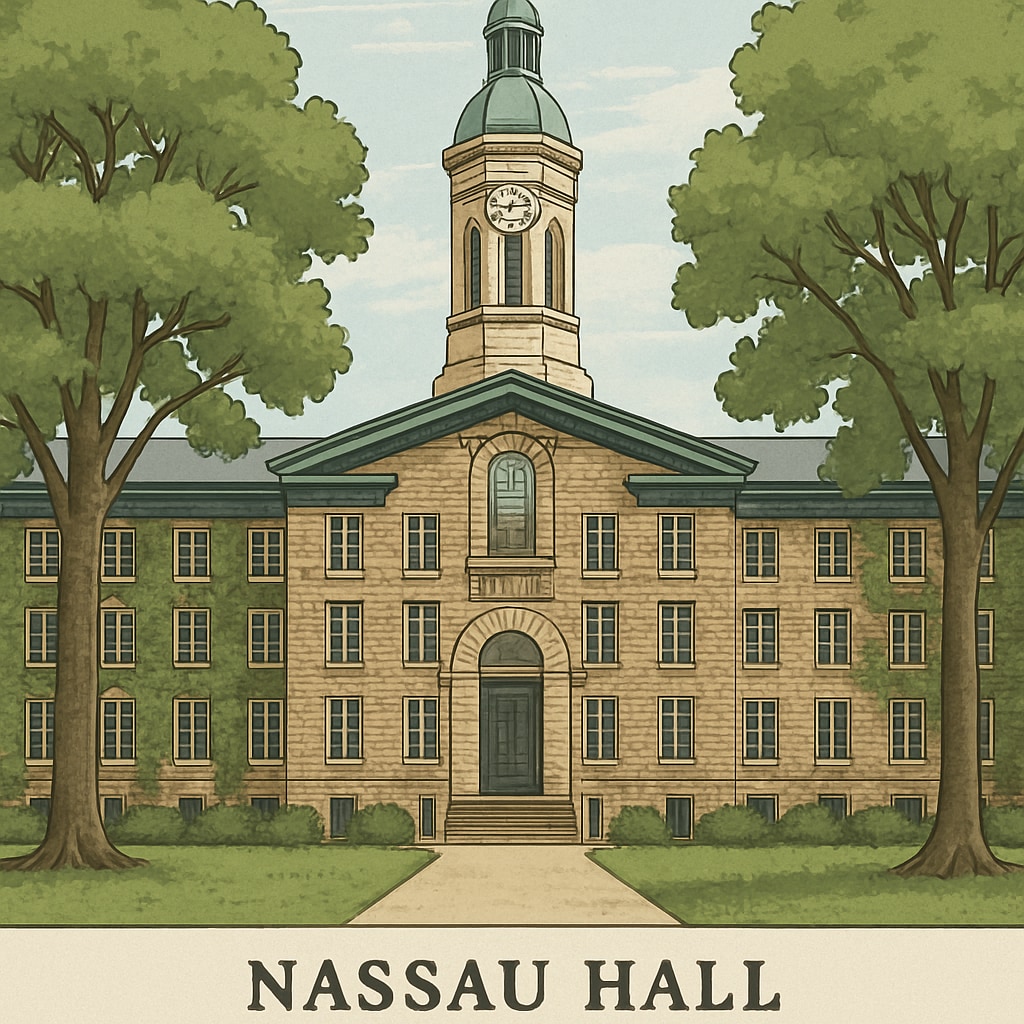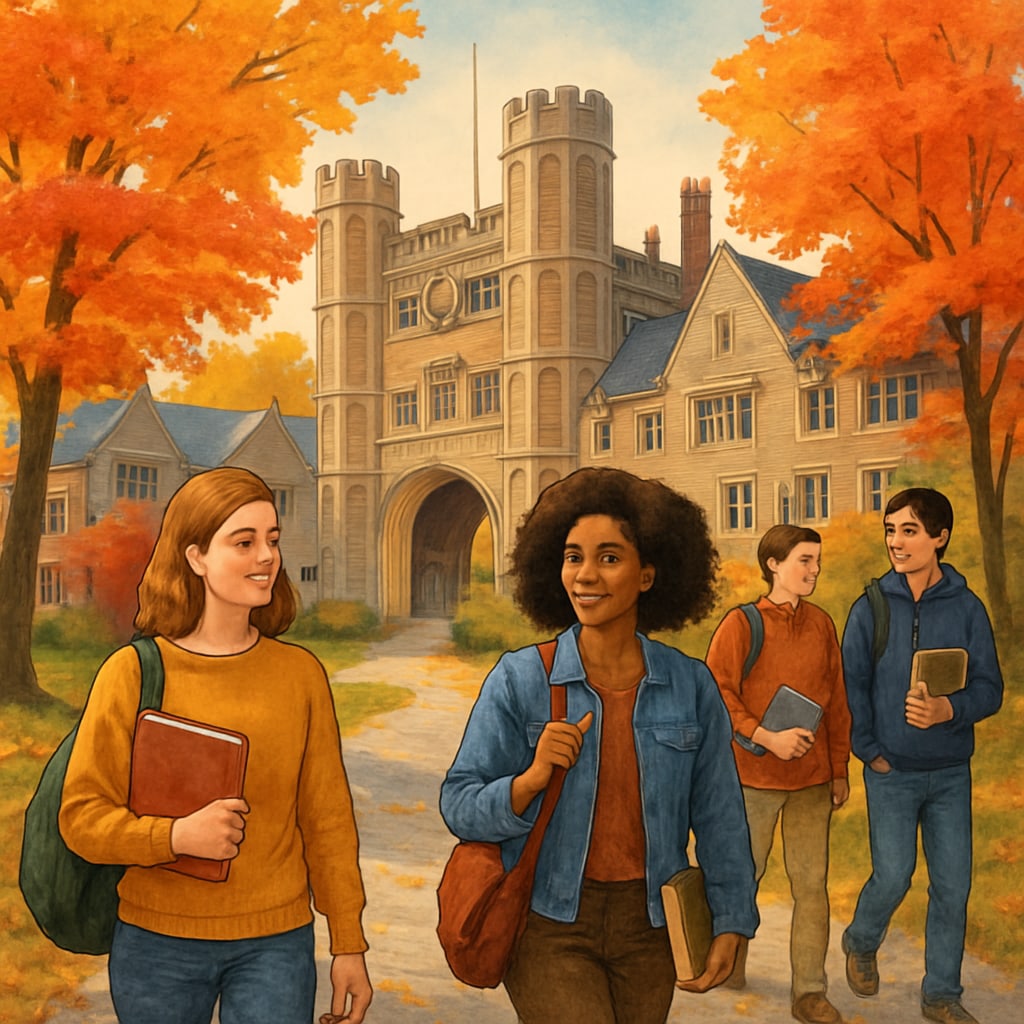Is the glowing reputation of Ivy League schools like Princeton University truly warranted, or are we collectively overestimating their value? For decades, the “Ivy League” has been synonymous with academic excellence, exclusive networks, and unparalleled opportunities. However, recent debates have raised questions about whether these institutions deliver educational outcomes that justify their prestige—or if their appeal lies more in perception than reality. The allure of names like Princeton, Harvard, and Yale remains undeniable, but it’s worth examining the tangible benefits of attending such schools versus their perceived superiority.

Does Prestige Equal Performance?
The Ivy League’s reputation is built on its long history, distinguished faculty, and successful alumni. Princeton, for instance, is often lauded for its intimate classes, renowned professors, and significant endowment. According to Encyclopedia Britannica, Princeton is one of the oldest and most prestigious institutions in the United States, with a legacy that dates back to 1746.
However, critics argue that the prestige of Ivy League schools is self-perpetuating. Their high rankings are partly due to selective admissions, which attract the most qualified applicants. This creates a feedback loop: elite students achieve outstanding results, and the schools take credit for their success. But is the education itself transformative, or would these students excel regardless of their alma mater?
Moreover, the cost of an Ivy League education raises further questions. With tuition fees exceeding $50,000 annually, one must consider whether the return on investment (ROI) is sufficient. While graduates often secure lucrative jobs, research suggests that similar outcomes can be achieved at less expensive institutions.
The Network Effect: A Double-Edged Sword
One undeniable advantage of attending schools like Princeton is access to elite networks. The connections forged during an Ivy League education often open doors to exclusive career opportunities. For example, many CEOs of Fortune 500 companies and influential policymakers are Ivy League alumni.
However, this “network effect” also fuels concerns about inequality. Critics claim that it reinforces existing social hierarchies, privileging those who are already well-connected. As a result, the Ivy League becomes less about education and more about maintaining a certain social status. This dynamic is explored in-depth by Wikipedia’s analysis of the Ivy League, which highlights its role in shaping elite American society.
Furthermore, the emphasis on networking may detract from the educational experience itself. Are students attending these institutions for the learning opportunities, or simply to gain access to prestigious social circles? This question underpins much of the skepticism surrounding the true value of an Ivy League degree.

Princeton, Ivy League, Overrated: What the Data Says
Data-driven studies provide a clearer picture of Ivy League outcomes. According to a report by the Brookings Institution, the lifetime earnings of Ivy League graduates are indeed higher than those from non-Ivy schools. However, when adjusted for factors like socioeconomic background and career choice, the difference narrows significantly.
Additionally, surveys reveal that student satisfaction at Ivy League schools is not necessarily higher than at other top universities. Schools like Stanford, MIT, and public institutions such as the University of Michigan often receive comparable ratings for teaching quality, campus life, and career support.
It’s also worth noting that Ivy League schools represent a small fraction of higher education in the U.S. While their achievements are impressive, they are not the sole arbiters of academic excellence. Many non-Ivy institutions offer exceptional programs and opportunities that rival or even exceed those of the Ivy League.
Conclusion: Prestige vs. Practicality
The debate over the value of Ivy League education, including schools like Princeton, is unlikely to end soon. While these institutions undeniably offer unique advantages, their reputation may sometimes overshadow their actual impact. Prospective students should weigh the costs and benefits carefully, considering whether an Ivy League education aligns with their personal and professional goals.
Ultimately, the decision to attend an Ivy League school should be based on more than just prestige. Factors such as program quality, career aspirations, and financial considerations play a crucial role in determining the true value of an education. As society continues to scrutinize the role of elite institutions, it’s clear that the “Ivy League mystique” is both a blessing and a burden.
Readability guidance: The article uses clear language, short paragraphs, and transitions to maintain flow. Data and external links are included to provide credibility, while images help contextualize the discussion visually.


